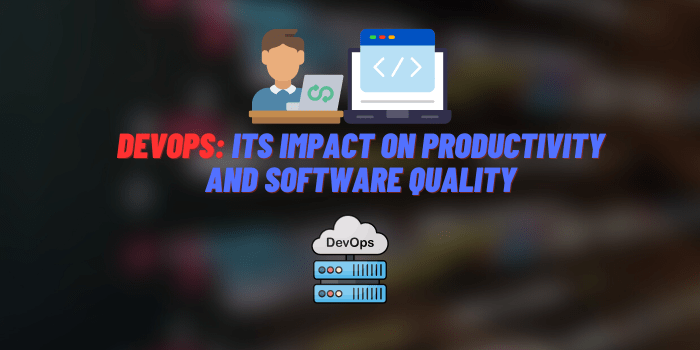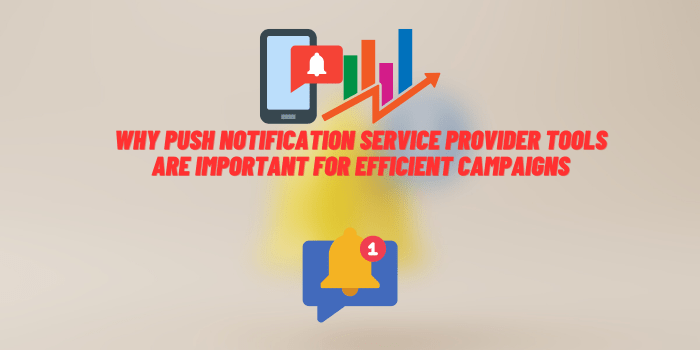8 Game-Changing Technology Solutions to Revolutionize Your Business Strategy
Infusing technology into business operations isn’t just advantageous – it’s imperative. An effective business strategy today is ready to embrace the transformative power of technological innovations. As an entrepreneur or small business owner, understanding and leveraging these technologies can be the difference between thriving and merely surviving. Here are eight game-changing technology solutions that can revolutionize your business strategy.
1. Information Technology (IT) Security
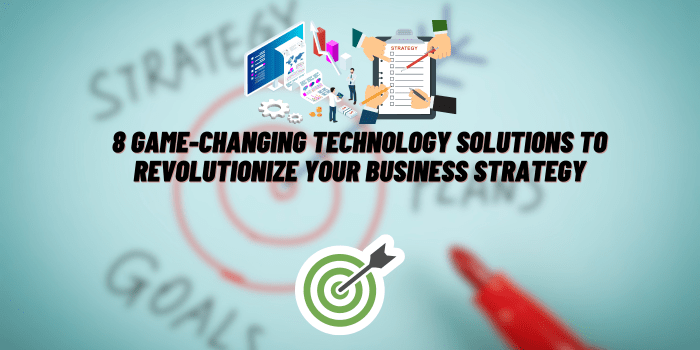
Cybersecurity has become a top business priority with the widespread adoption of digital technologies. IT security solutions protect business networks, systems, and data from cyber threats, ensuring business continuity and protecting valuable assets. Companies can outsource IT to managed IT services providers who have the expertise and resources to secure their networks proactively. This frees internal resources to focus on core business activities while protecting critical information.
Moreover, proactive security measures such as regular vulnerability assessments, penetration testing, and employee training can mitigate the risk of cyber attacks. As cybersecurity threats evolve, businesses must stay vigilant by investing in robust IT security solutions and maintaining a culture of cybersecurity awareness.
2. Artificial Intelligence (AI)
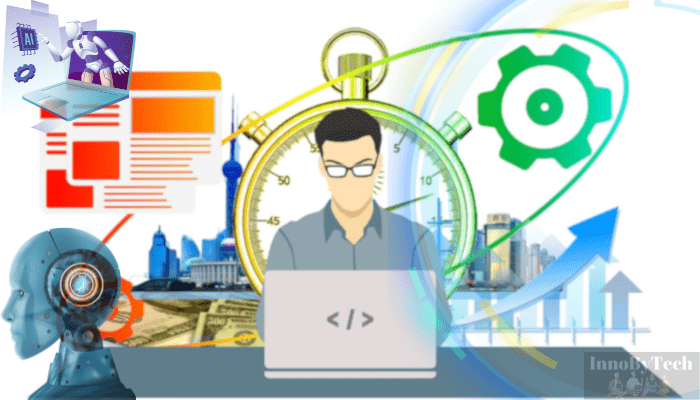
Artificial intelligence has taken the business world by storm with its ability to analyze vast amounts of data at lightning speed, providing valuable insights and enhancing decision-making processes. For instance, AI-powered chatbots are revolutionizing customer service by handling routine inquiries promptly and accurately, freeing up human resources for more complex tasks.
As businesses collect more data than ever, AI can help extract meaningful patterns and trends, enabling leaders to make data-driven decisions that optimize business outcomes. From predictive analytics to personalized marketing, the potential for AI to revolutionize business operations is limitless.
3. Internet of Things (IoT)
IoT is swiftly transforming how businesses monitor, collect, and analyze information. This technology allows physical devices to communicate and interact with each other over the internet, creating a highly efficient and automated workflow. IoT applications in business range from smart thermostats that reduce energy costs to sensor-equipped manufacturing equipment that predicts maintenance needs before breakdowns occur.
Furthermore, IoT devices give businesses deeper insights into customer behavior, enabling more personalized and responsive customer service. Retailers, for instance, use IoT technology for inventory tracking, in-store experience enhancement, and supply chain management. As devices become smarter and more interconnected, the potential for IoT to optimize every aspect of business will only grow, leading to improved productivity, cost savings, and customer satisfaction.
4. Big Data Analytics
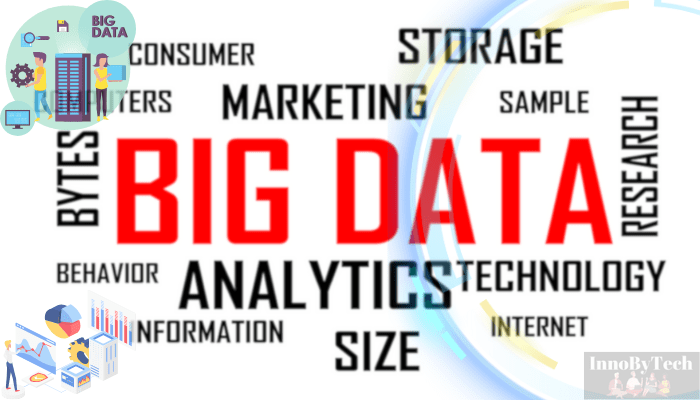
Big data analytics involves examining large data sets, or ‘big data,’ to uncover hidden patterns, unknown correlations, and other valuable business insights. Organizations leveraging big data analytics gain a competitive edge by becoming more data-centric, enabling them to predict customer behaviors, improve operations, and drive innovation.
With an exponential increase in data generation, tools and technologies for big data analytics are also advancing, allowing businesses to handle data more effectively and efficiently. Companies can build comprehensive profiles by correlating information from various sources for better market segmentation, targeted marketing, and product development. These deep analytical capabilities turn data into actionable intelligence, propelling businesses toward more profitable and customer-centric outcomes.
5. Blockchain Technology
Blockchain technology, often linked to cryptocurrencies, provides a secure and decentralized transaction method. Its applications extend beyond financial exchanges, serving as a tool to enhance transparency and trust in various industries. By establishing a distributed ledger shared among users, blockchain reduces fraud and errors, eliminating the need for intermediaries. This technology streamlines processes and lowers costs by automating and securely recording transactions on a tamper-evident ledger.
In supply chain management, blockchain enables unprecedented traceability of product movements, enhancing accountability and ensuring authenticity and compliance. Smart contracts, self-executing contracts with terms written in code, facilitate contract negotiation and performance, reducing disputes. With secure and immutable records, blockchain reshapes business operations, fostering trust and collaboration across sectors.
6. Robotic Process Automation (RPA)
RPA represents a significant leap in business process management technology. RPA software ‘robots’ are programmed to perform routine and repetitive tasks previously done by human workers, such as data entry, processing transactions, or responding to simple customer service queries. By automating these processes, companies can increase efficiency, reduce errors, and lower operational costs. Additionally, it liberates employees from mundane tasks, allowing them to focus on more strategic, creative work that adds greater value to the business.
As industries strive to improve their agility and responsiveness, RPA can serve as a cornerstone for transformation. Integrating RPA into business operations also provides an invaluable opportunity for scalability. As businesses grow, RPA systems can easily be scaled up to match increasing demands without significant additional investments in human resources. Moreover, the analytics RPA provides can offer insights into process efficiency and performance, facilitating continuous improvement and optimization of business workflows.
7. Virtual Reality (VR) and Augmented Reality (AR)
Virtual and augmented reality technologies transform businesses’ engagement with customers, employees, and stakeholders. By creating immersive experiences that simulate real-world scenarios, VR and AR can enhance learning, training, marketing, and customer service.
For instance, VR training programs can familiarize employees with complex procedures in a safe virtual environment before applying them in real life. In marketing and sales, AR applications can enable customers to visualize products in their homes or offices, increasing engagement and conversion rates. As VR and AR technologies evolve, businesses will find innovative ways to use them for a competitive advantage.
8. Cloud Computing
Cloud computing has emerged as a key player in the business technology landscape, enabling businesses to store, manage, and process data on remote servers accessed via the Internet. This innovation eliminates the need for significant physical IT infrastructure, reducing costs and increasing scalability. By leveraging cloud services, businesses can dynamically adjust resources to meet fluctuating demands, ensuring efficiency and agility.
Moreover, cloud computing supports robust disaster recovery strategies and fosters collaboration among geographically dispersed teams. Real-time syncing and the ability to work from any location enhance productivity, allowing team members to collaborate effortlessly. The increased accessibility and security provided by cloud solutions make it an essential component for a modern, adaptable business strategy.
The kaleidoscope of emerging tech may seem overwhelming, but incorporating these game-changing solutions into your business strategy can catalyze unprecedented growth and success. The future belongs to businesses bold enough to adopt and adapt to the technologies tailored for tomorrow. Your business doesn’t have to be a tech company to benefit from these innovations – but overlooking their potential might mean missing out on the next leap forward. Embrace these technologies, and take your business strategy from conventional to groundbreaking.

